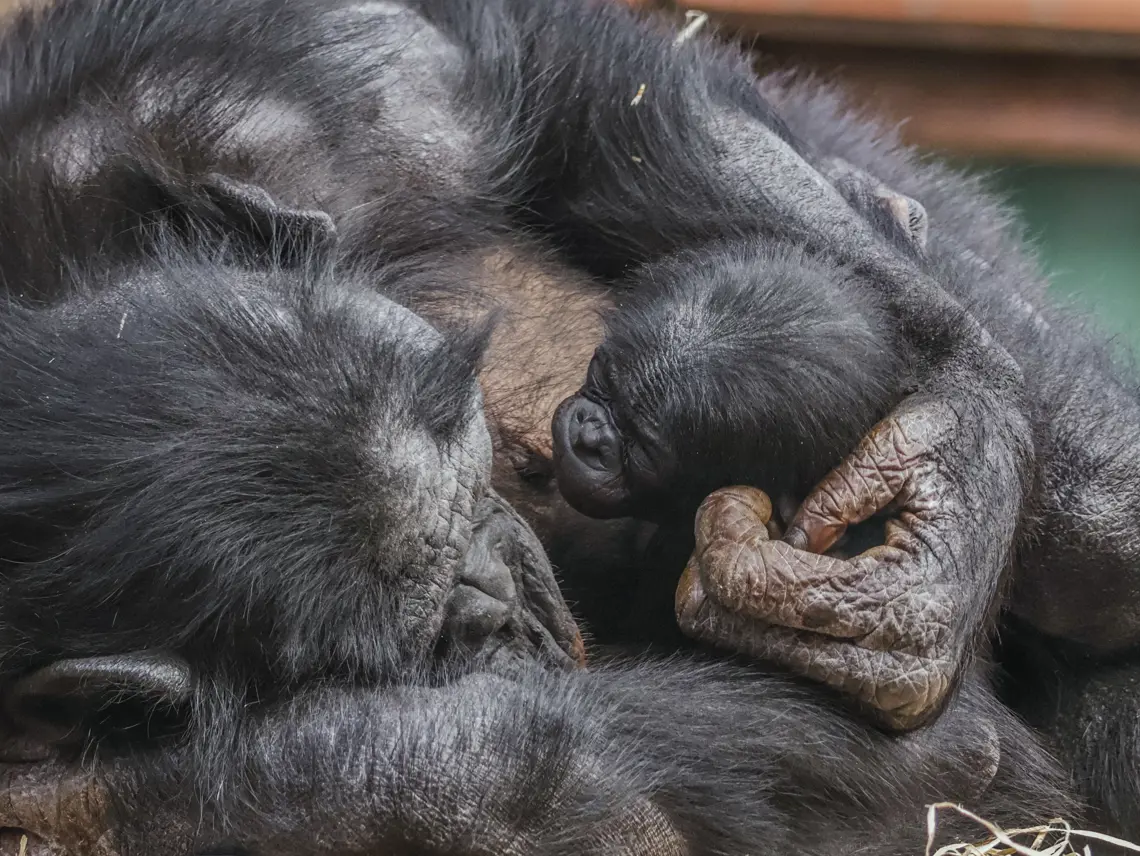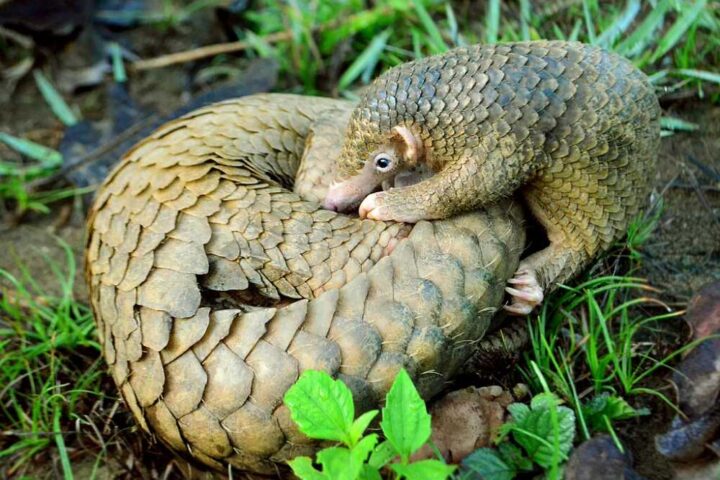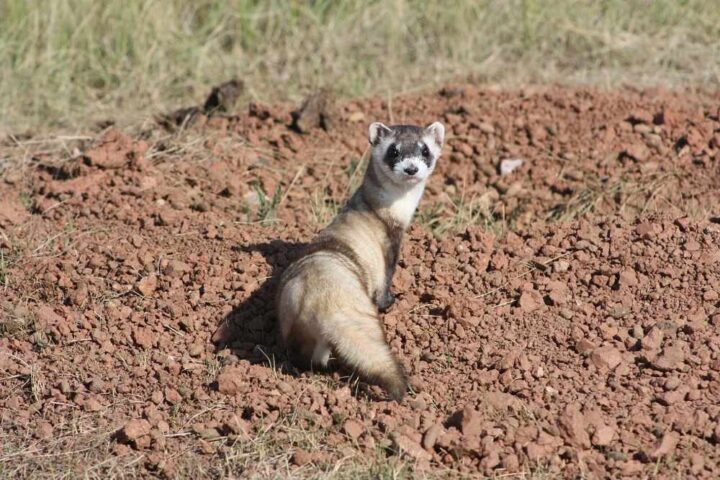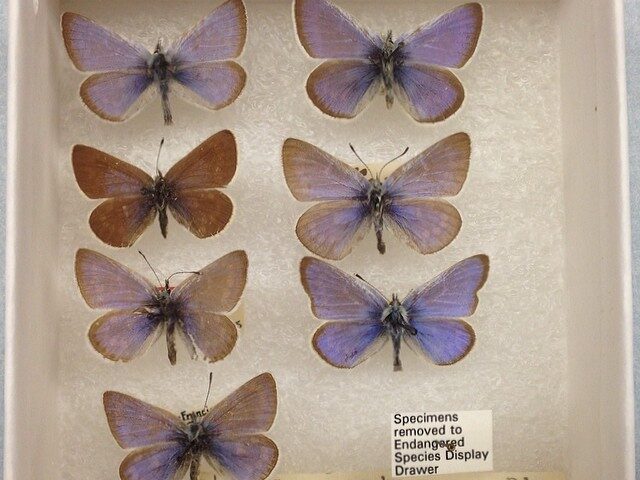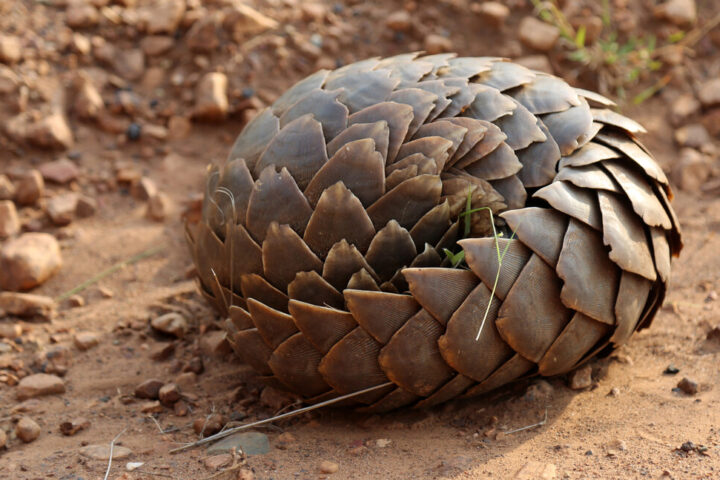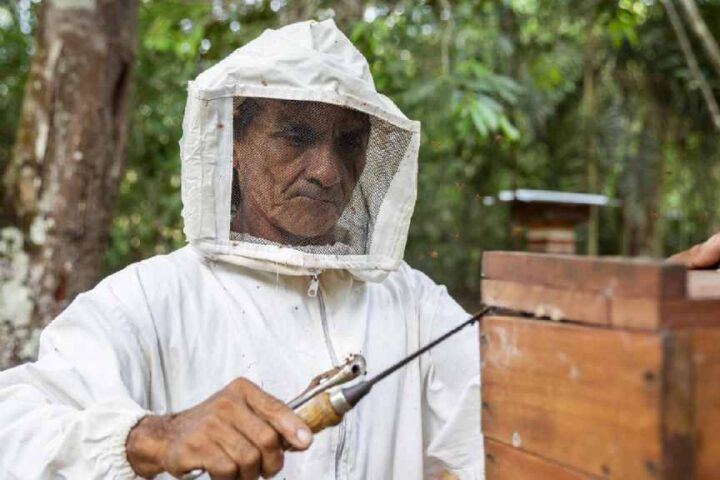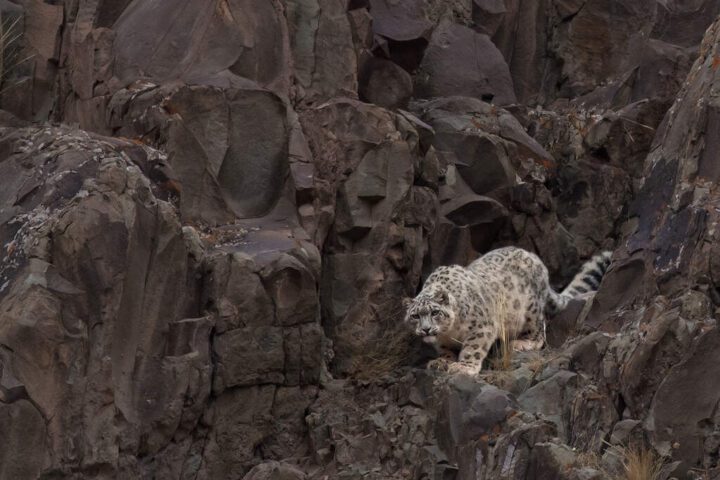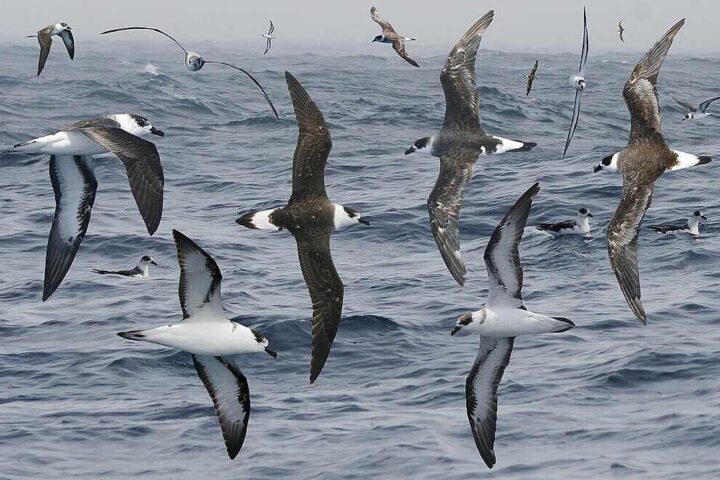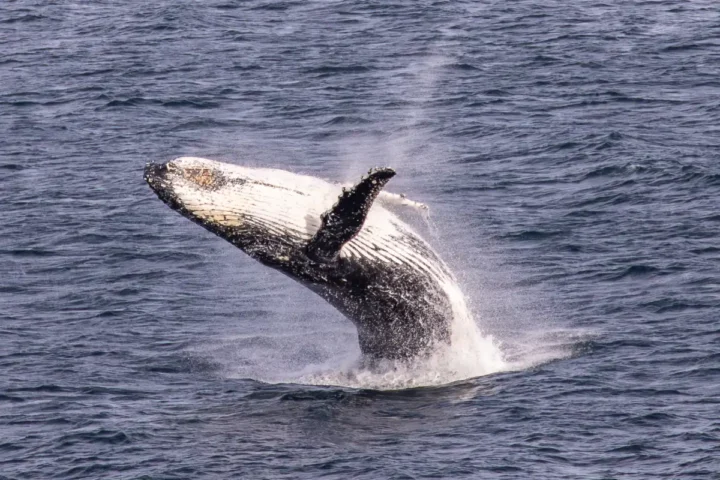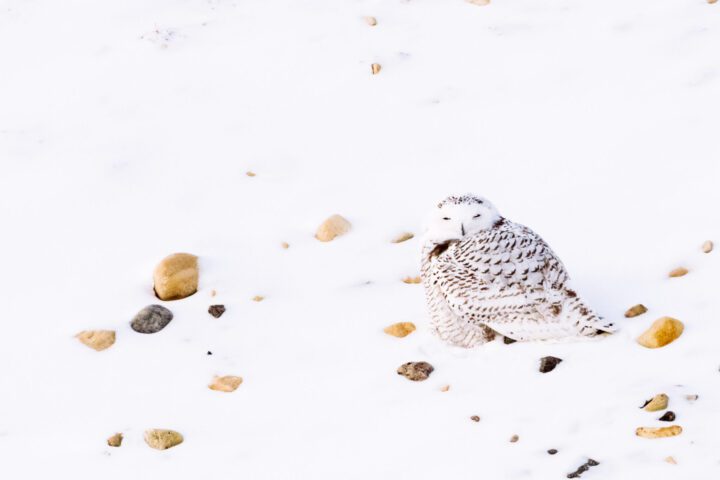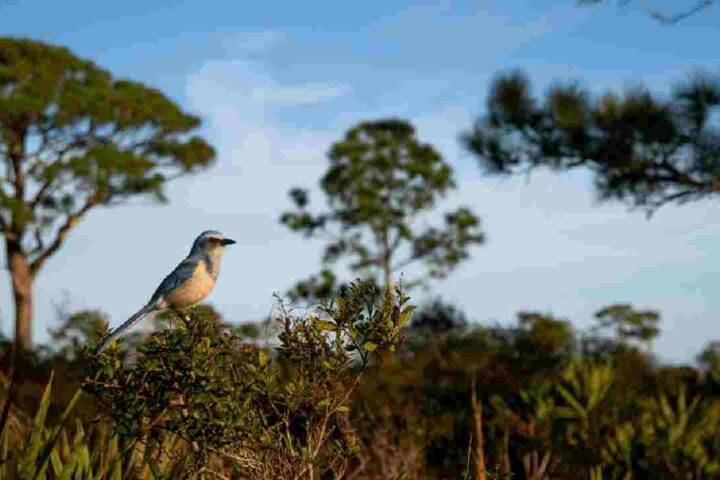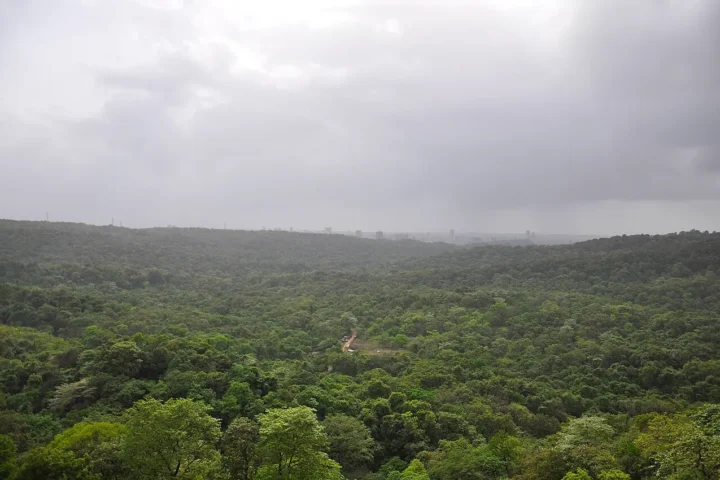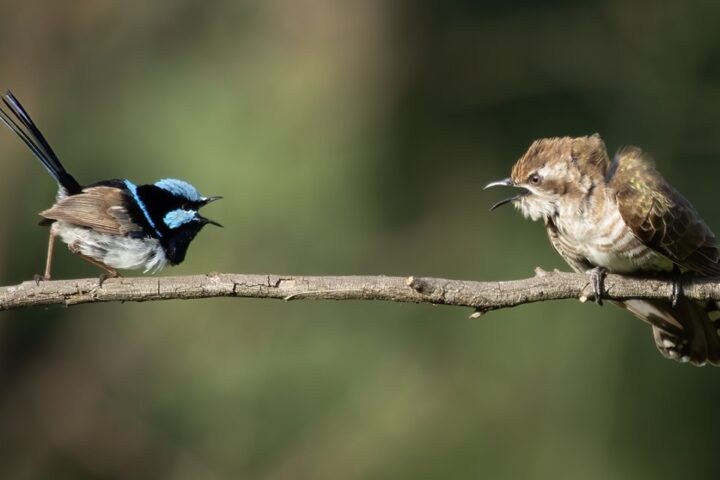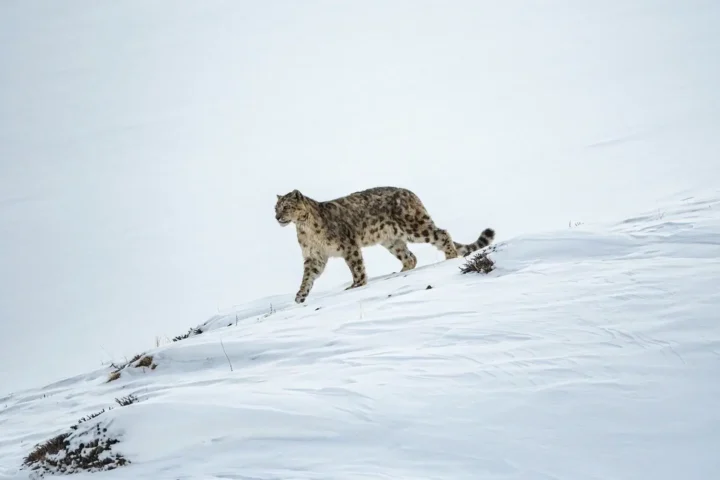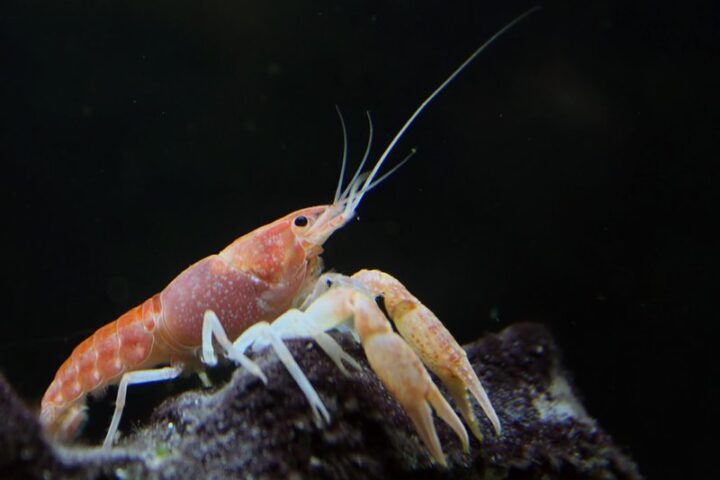A baby bonobo was born at Twycross Zoo in Leicestershire on September 11, 2025, marking a significant moment for the conservation of this endangered great ape species. First-time mother Yuli, age 11, is now caring for her newborn in what experts describe as a “globally significant” birth.
The arrival is especially important as Twycross is the only zoo in the UK that houses bonobos. The zoo plays a key role in European conservation efforts, caring for 10% of the entire European bonobo population.
“The birth of this baby bonobo is a truly extraordinary moment, not just for Twycross Zoo, but globally,” said Dr. Rebecca Biddle, Chief Conservation Officer at Twycross Zoo and Vice Chair of EAZA (European Association of Zoos and Aquaria). “Bonobos are humans’ closest living relatives, yet they remain one of the most endangered and least understood apes on Earth.”
Bonobos share more than 98% of their DNA with humans and are listed as ‘Endangered’ on the International Union for Conservation of Nature (IUCN) Red List of Threatened Species. Their wild population, estimated at as few as 20,000, continues to decline due to poaching and deforestation.
Unlike other great apes, bonobos live in female-led societies, making them unique among primates. They are found only in the wild in the Democratic Republic of the Congo, where their habitat faces serious threats.
Similar Posts
Yuli arrived at Twycross Zoo from Vallée Des Singes in France in 2023 as part of the EAZA conservation program. This coordinated effort aims to create genetically diverse and healthy zoo populations to support wild conservation.
Beyond zoo breeding, Twycross partners with Friends of Bonobos in the Democratic Republic of the Congo. This organization works to protect, rescue, rehabilitate and reintroduce bonobos to their native habitats while helping local communities reduce illegal bushmeat hunting.
Without such conservation efforts, experts warn that bonobos could face extinction in the near future. Each birth in captivity represents hope for the species’ survival.
Visitors to Twycross Zoo can already see the baby bonobo, who remains safely in his mother’s arms. The zoo describes this as a rare opportunity to witness “one of the rarest newborns in the world.”
